Rebecca Rhynhart has seen it all in local government. Now, she’s running to right it
In this latest segment of AL DÍA Talks, Philly mayoral candidate Rebecca Rhynhart laid out her vision for a well-oiled, socially-conscious City Hall.
Why Rebecca Rhynhart would leave a cushy Wall Street job to serve on the entrails of Philadelphia’s municipal halls is a question she’s attempted to answer over her many years as the city’s budgeting officer.
“What I've wanted to do through that period was truly make it work from the inside,” she told AL DÍA in a recent interview about her decision to leave New York and take the plunge into Philly politics 15 years ago.
After graduating from a rural Vermont college, Rhynhart, 48, did some private-sector work. First as a textbook salesperson and then with Fitch Ratings, a financial services company, after completing a Master’s Degree in Public Administration from Columbia University.
She didn’t believe she was necessarily qualified to work in banking, or at least thought there were other candidates with more suitable resumes, but an “inquisitive” mind led to her banking gig at Fitch Ratings.
Then, she landed a job at Bear Stearns, an investment behemoth and one of the few financial giants contributing to the 2008 financial crisis. There, she rose up to Managing Director for municipal derivatives, which gave her a unique view into the relationship between private-sector and government.
This inspired Rhynhart to dive into local politics, and she never left, as she worked her way up from being the Philadelphia treasurer to running a historic campaign for City Controller as the first female nominee who wasn’t rubbing elbows with the party.
Having defeated incumbent Alan Butkovitz — who called Rhynhart “establishment” in a 2017 interview with AL DÍA — she became Philly’s top financial watchdog in what many described as a combative, raucous relationship between City Hall and the Controller’s office, which stands observant across the street.
“I don't think so,” said Rhynhart, pushing back against that notion while emphasizing the core of her job was to call out wasteful spending. And if she “didn't do that, I wouldn't have been doing my job,” added the now-resigned Controller.
“That's doing what the taxpayers elected me to do. And when I go to people on the campaign trail, people thank me for being strong about that,” she said, standing firm in her response.
“People thank me for exposing that $33 million were unaccounted for, even though it did get me in a fight with the mayor.”
What Rhynhart saw as “making government work” didn’t necessarily make her any friends. Per the Home Rule Charter, the City Controller conducts yearly audits.
One of her initial audits was some unaccounted government dollars, $33 million, due to waning internal controls, as well as $924 million in “sloppy bookkeeping.”
Mayor Jim Kenney publicly hit back and said the Controller’s audit was “inflated.” Rhyhart’s audit found Philly’s finances to be among the top 10 of most deficient mismanagement.
She had seemingly just begun.
In 2019, the Controller’s office released an audit that examined the city’s diverse hiring practices and found that, while there were some palpable changes, the increase in representation overall was “slight.” The full report was released in 2020.
Rhynhart, in 2021 — while tensions between herself and Mayor Kenney saw no signs of reaching amicability — released dozens of letters sent to the mayor in tandem with West Philly City Councilmember Jamie Gauthier, urging Kenney’s office to address ever-present gun violence.
She noted these partnerships “forged relationships with councilmembers and others around key issues” while taking a “stance.”
“We need a mayor that has courage,” she said.
But her crowning jewel came in the form of an 80-or-so-page audit probing the Philadelphia Police Department, where the Controller’s office identified more sloppy spending habits, slow 911 response times in Black and Brown neighborhoods, issues with the celebrated Operation Pinpoint, issues with department benefits and staff shortages, in deep summary.
The Rhynhart campaign
If Rhynhart was within earshot of a passerby, they very likely heard the motto. “I love Philadelphia.”
“I laid out recommendations to chart a path forward, but that's where my power ended as Controller. I couldn't force the mayor to do anything,” Rhynhart continued.
She said it in her campaign launch and has maintained the message ever since while aggressively riding on the trail.
“It's actually energizing because our city is so amazing,” she said of campaigning, given it was a starkly different race from the less visible City Controller election.
At the outset of her announcement, questions surfaced about Rhynhart’s ability to fundraise but proved skeptics otherwise when campaign finance reports in early February positioned her as a top fundraiser as a candidate without a deep pocket, to begin with.
“A lot of house parties,” said Rhynhart, “like two, three, four house parties at night,” underlining that her coalition of small donors allows her to be free of any big spender’s wish.
Twenty-two thousand of those fundraising dollars were leveraged for a unique endorsement from John Street, a former Philly mayor who boasted Rhynhart’s candidacy and said she was one of the more qualified candidates in his many years in city politics.
In the meantime, she’s released her policy in phases, no different from other candidates. AL DÍA looked into some of the proposals and spoke with Rhynhart directly about them.
Appointing an opioid czar
Rhynhart maintains she wants to run the city efficiently, parting from her experience in the Controller’s office.
“The mayor has control over the operating departments. All of the operating departments report to the mayor. As mayor, I will be a unifier,” remarked Rhynhart.
Unveiling one of her policies, Rhynhart announced she’d appoint a Czar, reporting directly to the mayor — and who would operate separately from the managing director — to oversee the opioid crisis while also looking to tie loose ends and promote interdepartmental coordination.
“One of the things I've heard from different community and nonprofit partners in the Kensington area is that the city departments are not coordinated in their response,” said Rhynhart.
She believes the city’s departments, while productive, are disjointed.
“We, as a city, fund significant operations, but they're not coordinated for the best care for those that are on the street and suffering from substance use disorder.”
RELATED CONTENT
A source close to the campaign said having rapid-entry beds to connect to treatment is part of Rhynhart's plan to curb curbside addiction instead of placing them on a waitlist. They added implementing a community responder team with representatives from relevant City departments, in addition to community-based harm reduction organizations, would ideally offer services to those suffering from addiction.
She went on to provide the campaign’s proposed solutions for dealers, breaking up drug flow via raids while offering lower-level drug dealers “a way out of that lifestyle,” urging the need for rapid response, as opposed to the current two to three-week timeline.
Public safety
Responding to questions about the general state of gun violence in Philly, Rhynhart said, “we’re in a crisis right now,” and spoke of the grim 500-homicide threshold reached in 2022, barely scratching 2021’s numbers.
“There's a feeling among neighborhoods across our city that there has been a decline in feeling safe, and people are scared.”
To address it, candidates have slowly released their plans to curb gun violence, with proposals ranging from different areas of government. Former Councilmember Derek Green recently proposed circumventing the District Attorney’s office via a memo and a “mutual understanding” between the authorities and involving the feds directly.
On the other hand, candidate Maria Quiñones Sánchez introduced a five-point plan that involves the Streets Department, License and Inspections, the Water Department, the Neighborhood Services Division, and Health and Human Services.
Rhynhart, in turn, introduced a six-point plan that stems directly from the findings outlined in the police audit released in 2022.
“The biggest takeaways from my office's audit (...) that out of a little under 6,000 police officers, we only have 2,500 on patrol,” and added, “the vast majority of officers are either in specialized units or doing desk work.”
Rhynhart would move officers towards patrol, she said, and fill desk roles with civilians through a process called civilianization, a process that identifies civilians that could take on administrative work in lieu of sworn officers.
Another issue Rhynhart hopes to tackle is recruiting, “but we also need to bring officers back that are abusing injured on duty provisions” while reworking policing to start from the ground up, “community to community,” she said.
Rhynhart also aims to overhaul some existing programs, such as Operation Pinpoint — touted as a success by the Kenney administration last year —- to refine police operations by looking at district-level patrol assignments and address specific shortcomings in those areas.
“None of these findings is the fault of the individual officer,” noted Rhynhart.
“In fact, all of these findings and the resulting recommendations are actually to help the officers do their job to change the institution of policing in our city to change the structure to better support the hard-working officer on the ground.”
She added the audit “was just the sheer data, and the only correlating factor was race.”
“I know that policing doesn't make everyone feel safe. Now, I say that also with the understanding that police have a hard job. So both things are true at the same time.”

This content is a part of Every Voice, Every Vote, a collaborative project managed by The Lenfest Institute for Journalism. Lead support is provided by the William Penn Foundation with additional funding from The Lenfest Institute, Peter and Judy Leone, the John S. and James L. Knight Foundation, Harriet and Larry Weiss, and the Wyncote Foundation, among others. To learn more about the project and view a full list of supporters, visit www.every voice-every vote.org. Editorial content is created independently of the project’s donors.


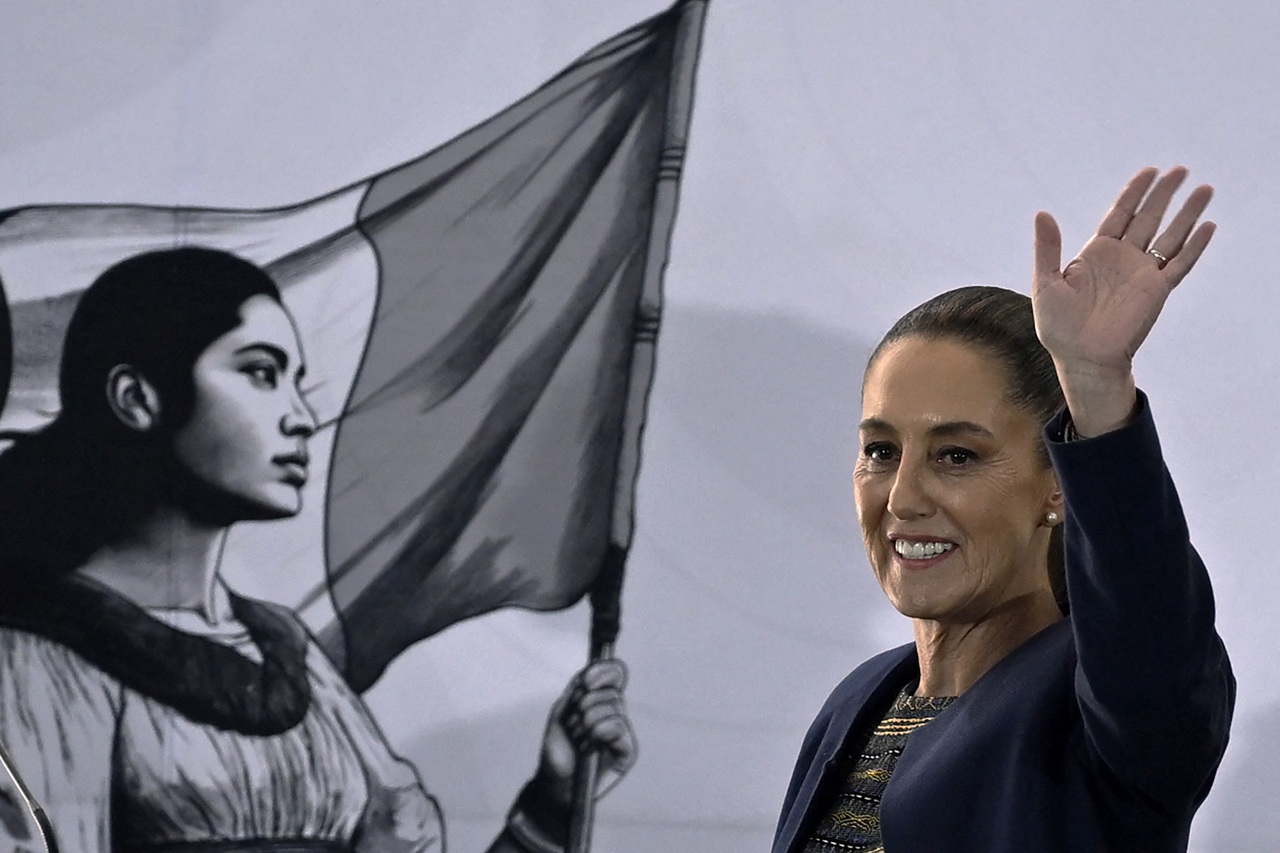
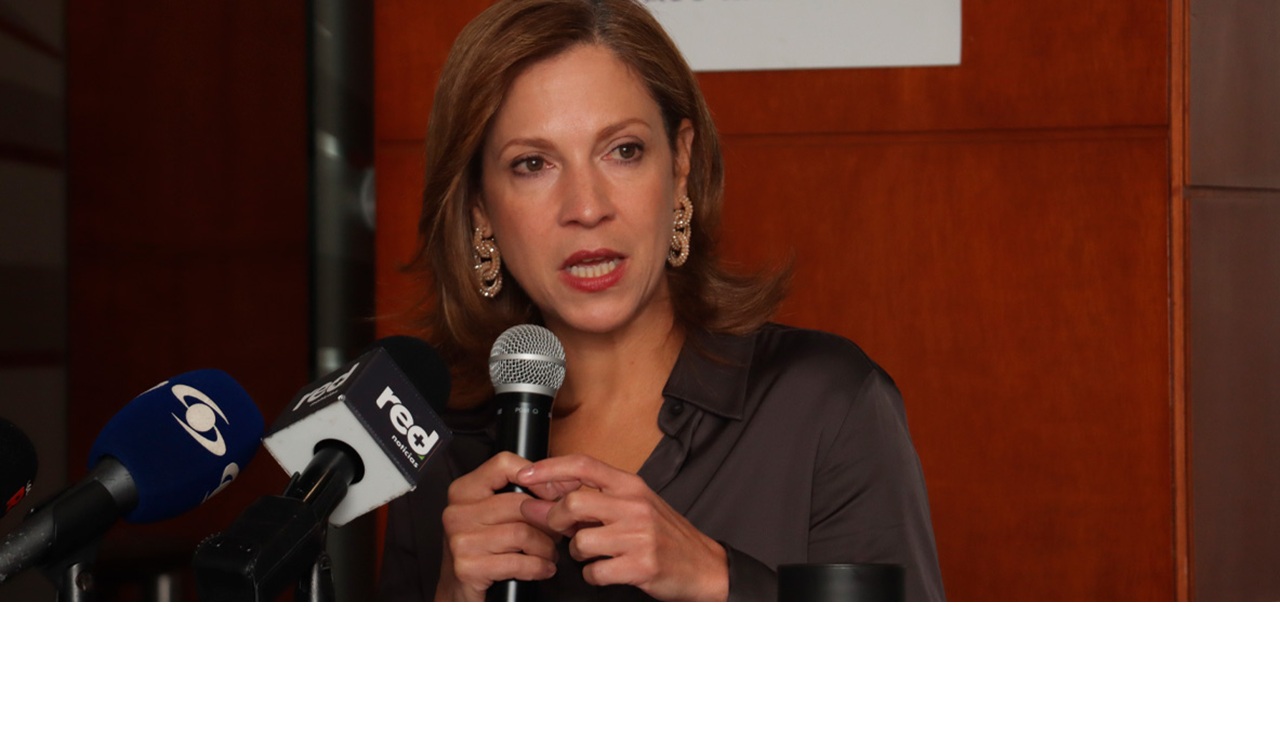
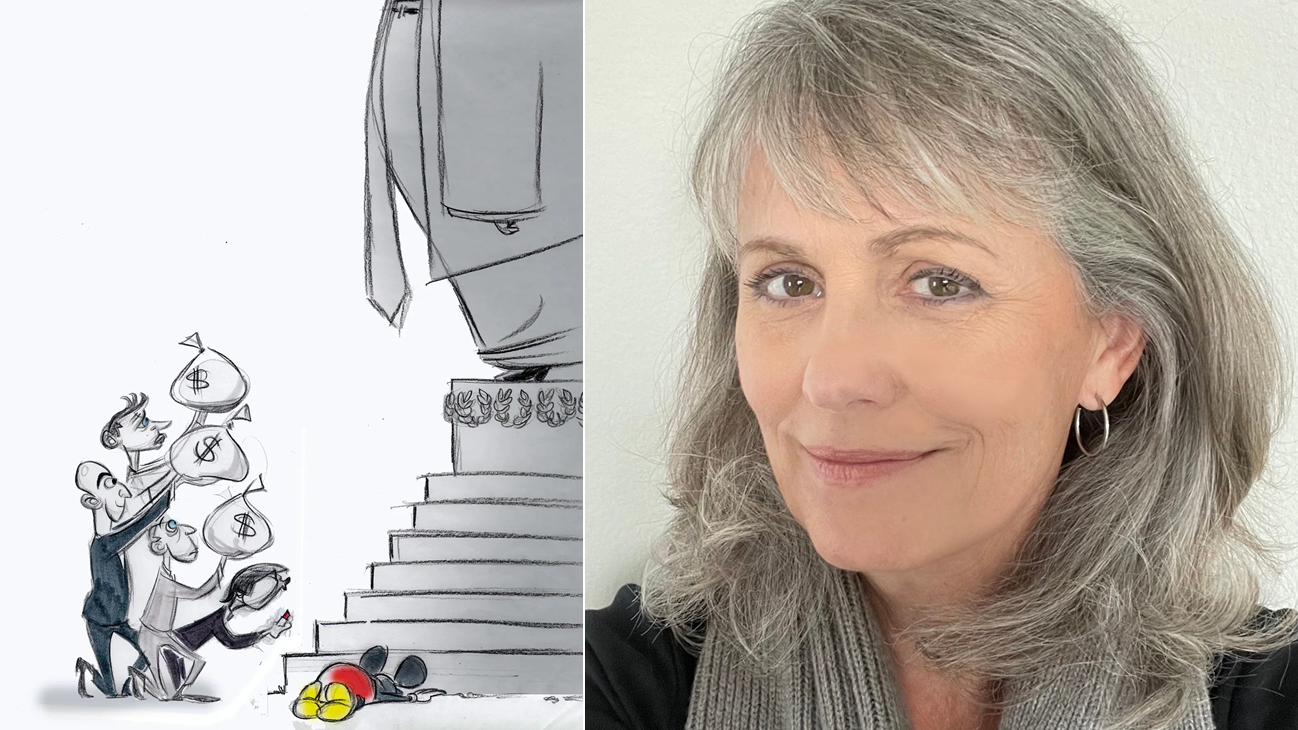
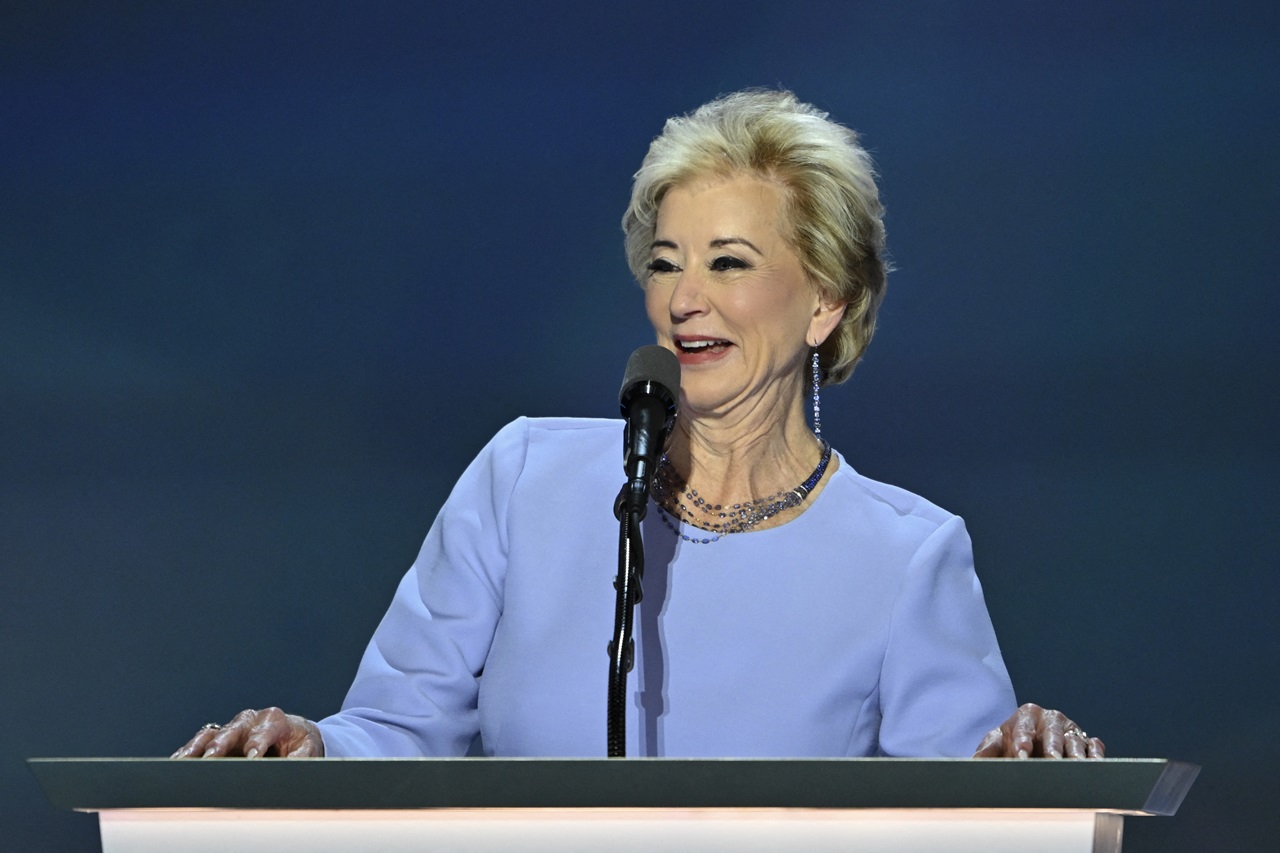
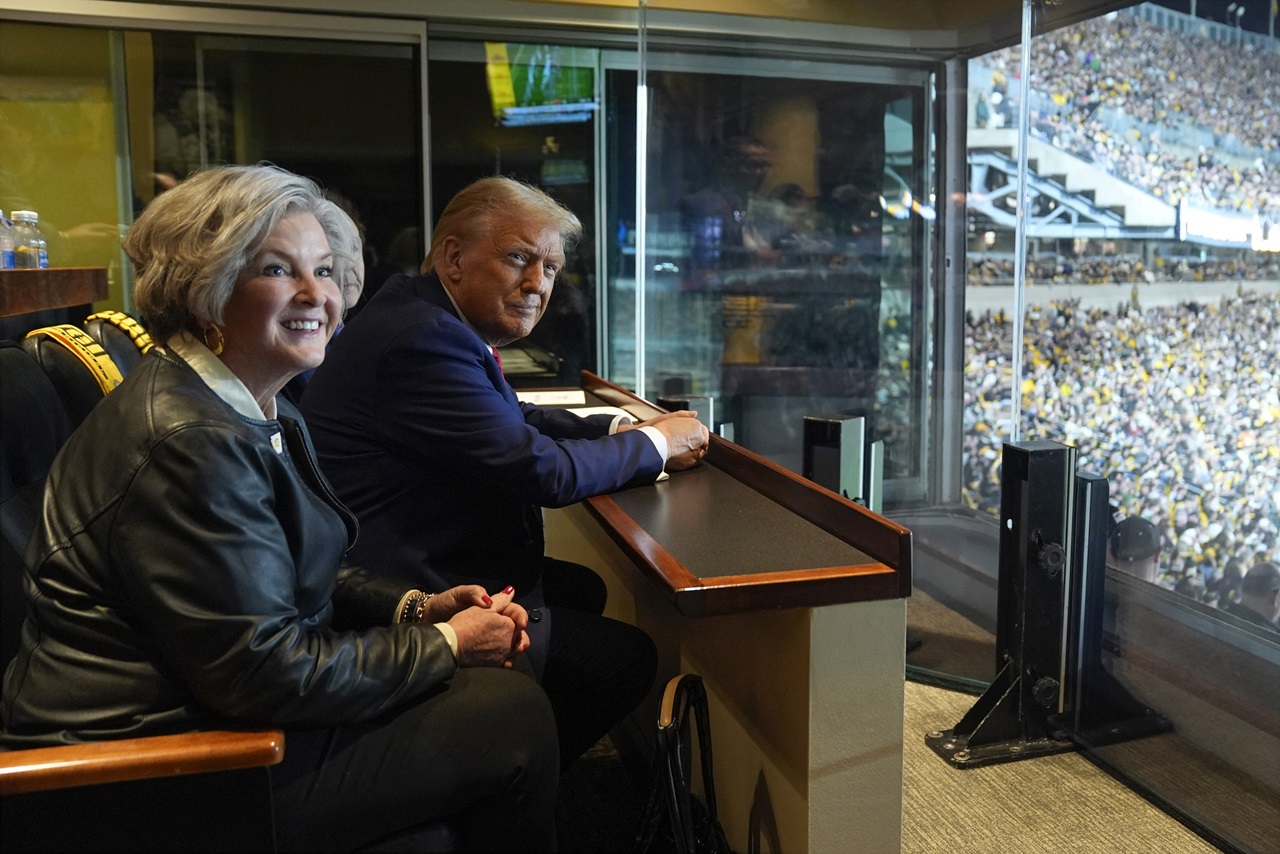
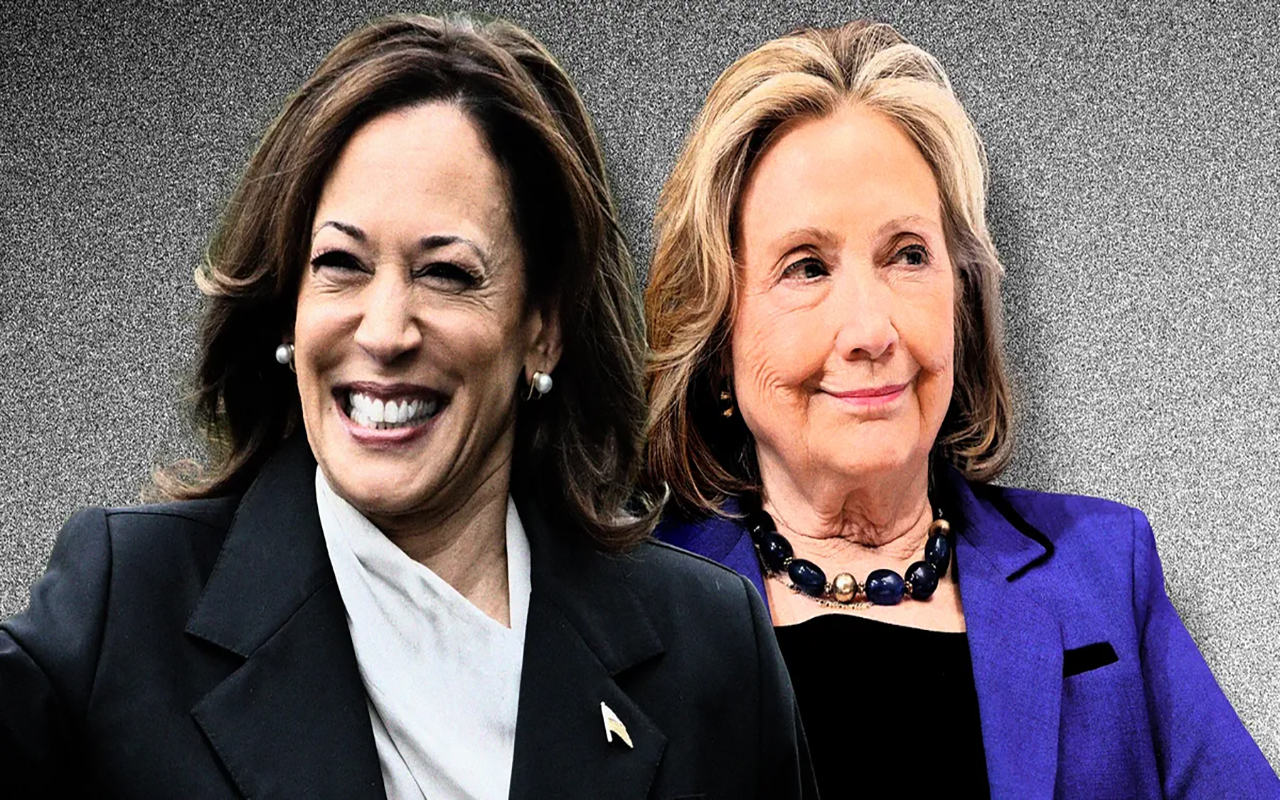
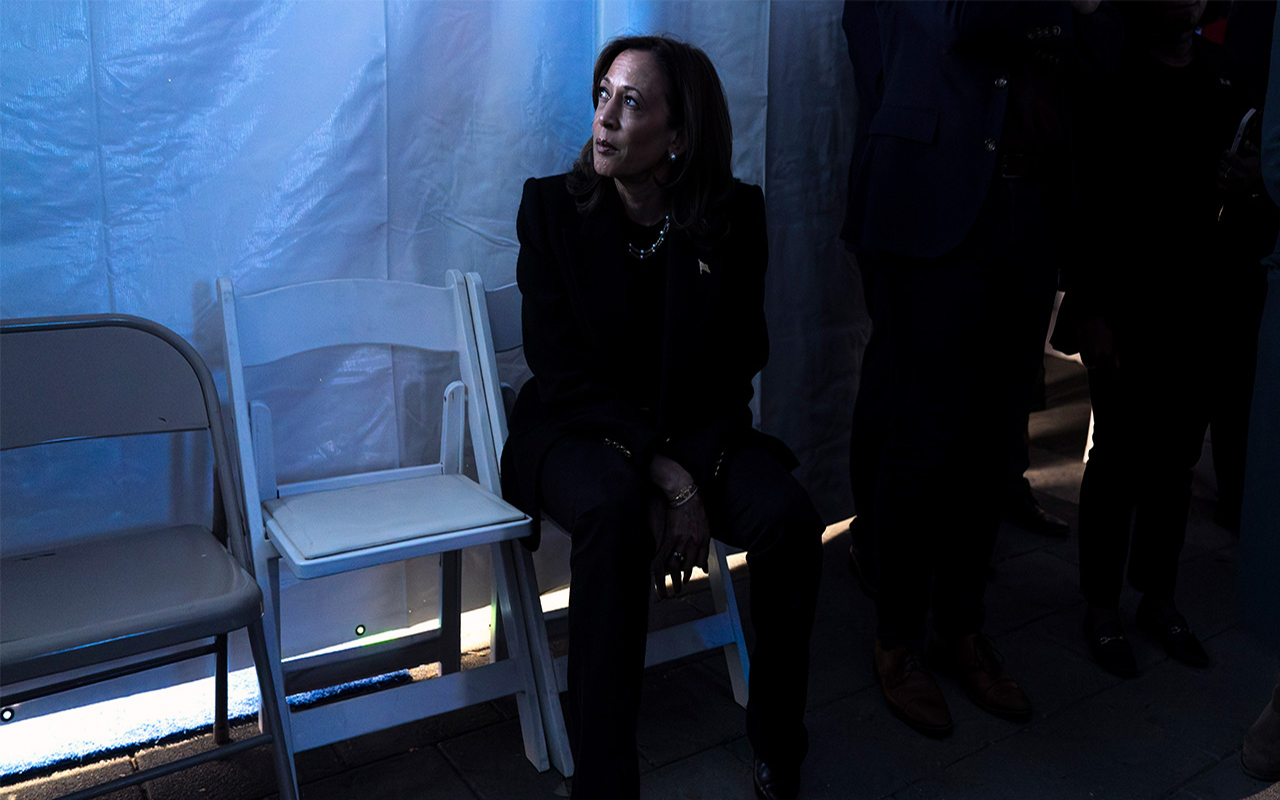
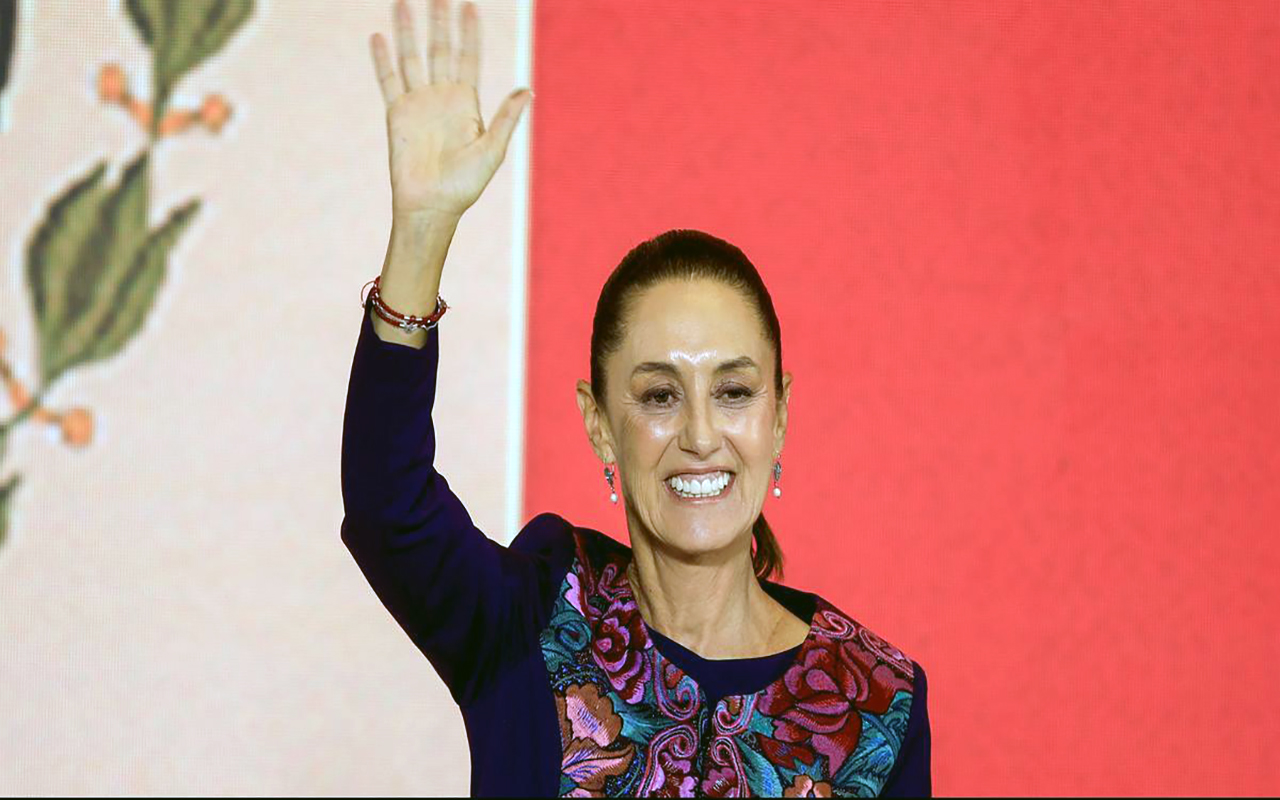

LEAVE A COMMENT: